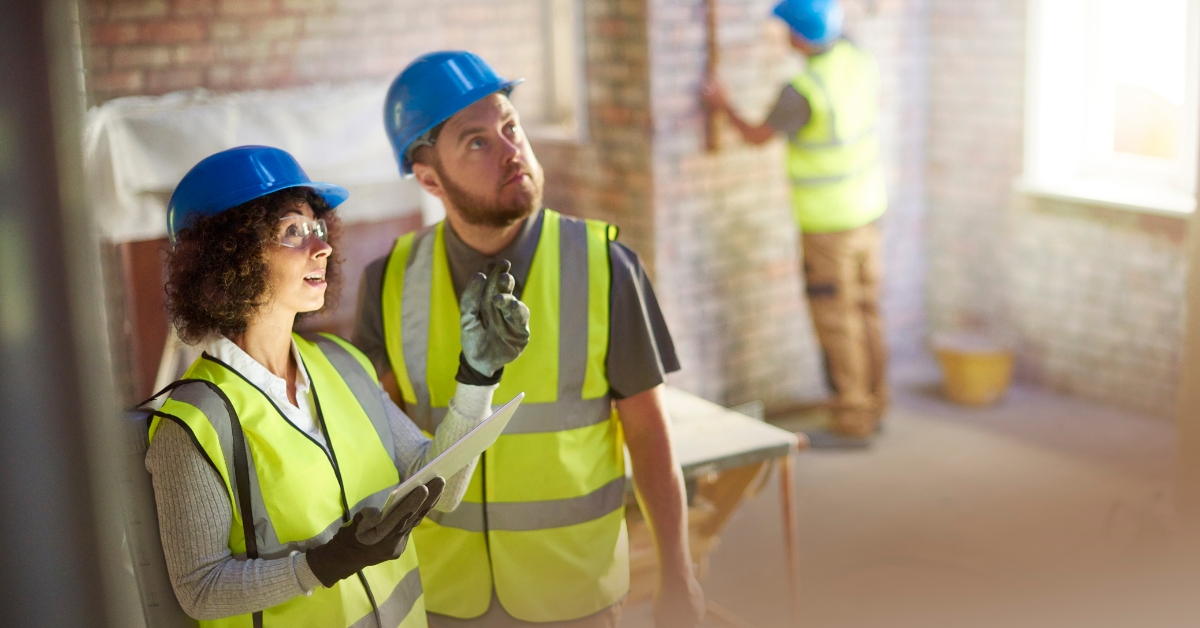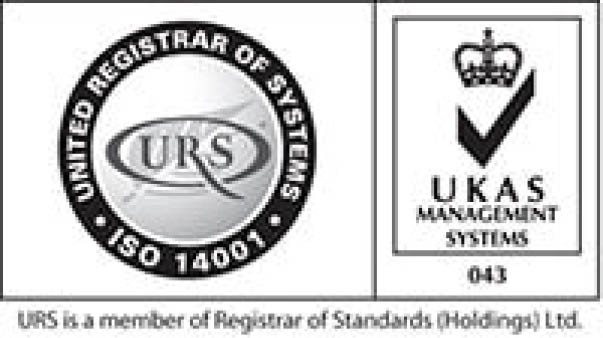Death and taxes are said to be the only two certainties in modern life. We’d probably add construction waste to that list. Wherever there’s a construction project, large or small – it will generate waste.
Think of the hundreds of thousands of small construction projects happening across the country, right now. All the house extensions, renovations, replacement windows and so on.
Collectively that’s a huge amount of waste.
Imagine the combined impact if every small construction project made it a priority to avoid generating waste wherever possible, and then handled unavoidable waste in the most environmentally sensitive way possible.
Even the smallest construction project should have a simple waste management plan to identify what waste will be generated and how it will be managed. Here are some suggestions on how to minimise and manage construction waste.
How Much Do You Really Need?
Over-ordering materials ‘just to be on the safe side’ or because it’s easier to order standard quantities is wasteful. Some level of surplus is probably unavoidable – but excess materials could be used on another project or possibly returned to the supplier for a refund if they’re stored carefully.
The days of chucking perfectly usable surplus materials into the skip or leaving them for the customer to deal with should be long gone.
When Do You Really Need It?
You can time deliveries so that materials are used more or less straight away. This helps maintain a tidier (and safer) work site as well as reducing the chances of materials being damaged or contaminated while waiting to be used.
What Will You Do With The Waste?
A skip is often the most convenient waste disposal option. Get the skip onsite early so waste can be contained during the project and taken away for responsible processing at the end. Segregate easily recyclable materials such as cardboard, store them separately and protect from getting wet or other contamination.
If there isn’t a lot of waste or if the site isn’t suitable for a skip, what are your options?
Local authority recycling centres will accept trade waste – but it can be an expensive and inconvenient route. These sites are really geared up for domestic rather than commercial waste handling and they might not accept all of the waste types you generate.
The Wellington Waste weighbridge welcomes trade vehicles and trade waste. You drive in, weigh your vehicle, unload, weigh again and pay. It makes it easy to dispose of your waste progressively and responsibly to keep your site tidy.
If you have any questions about the best way to handle construction waste, Wellington Waste will be happy to offer advice. Call us on 01823 664628.

